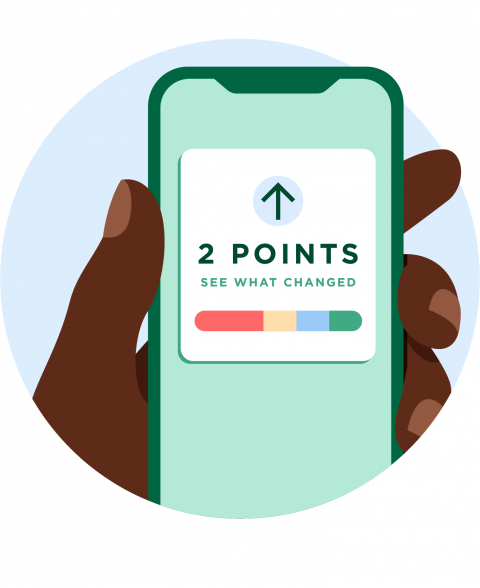What Is Credit History?

Many, or all, of the products featured on this page are from our advertising partners who compensate us when you take certain actions on our website or click to take an action on their website. However, this does not influence our evaluations. Our opinions are our own. Here is a list of our partners and here's how we make money.
Credit history is a record of how you’ve managed the repayment of debts, such as credit cards and loans.
Your credit history is recorded in your credit reports, which also contain additional information about your finances.

Credit history definition
Your credit history consists of information such as:
How many accounts you’ve had, both open and closed. An account on a credit report is also called a credit tradeline.
What types of accounts they are: revolving or installment credit.
How much you owe on each account.
Your payment history, which shows whether you paid your bills on time, as well as negative marks such as delinquencies or accounts in collections.
Credit history vs. credit report
Credit history is the main component of your credit reports. Credit reports are data files generated by the three major credit bureaus — Experian, Equifax and TransUnion — which collect information from your creditors.
In addition to your credit history, your reports also show items like your name, current and old addresses, and your employers’ names.
All consumers are entitled to a free copy of their reports from each of the three credit bureaus weekly. It's a good idea to regularly request and read your credit reports so you can fix errors and stop fraud before your credit suffers. You can file a dispute with the credit bureaus online, by phone or mail.

Why credit history is important
Lenders, employers and landlords look at your track record of handling credit to see if you are a good candidate for a loan, a job or an apartment.
A long history of responsible credit use positively affects your credit score, which is calculated using the information in your credit reports.


